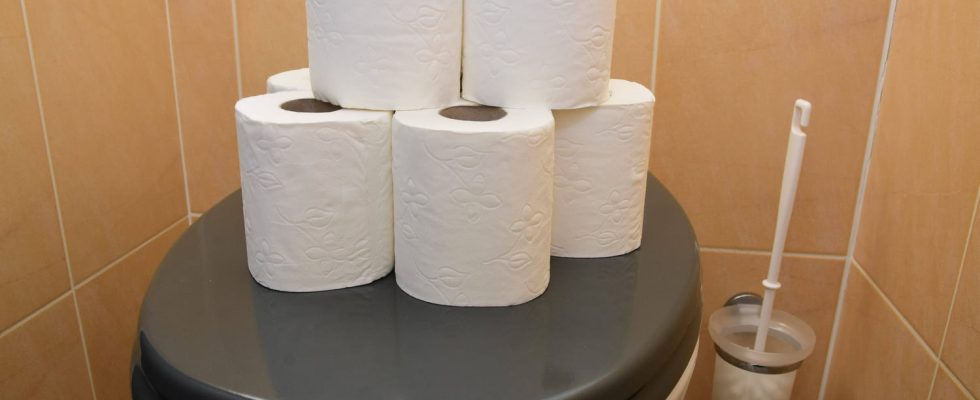A start-up has developed an entirely new toilet that radically changes what happens after you go to the toilet.
A simply revolutionary idea is about to reinvent our toilets and in particular the treatment of excrement. We all know that toilets are extremely water intensive. On average, when you flush the toilet, no less than 9 liters of water are evacuated. It is clear that this system, as practical as it may be, is not in line with the environmental challenges of the 21st century.
This is why, for decades, engineers around the world have been racking their brains to try to find the miracle solution to reduce household water consumption inherent in our comings and goings to the little corner. Good news, as revealed CNN, a company might have found an entirely different approach to toilets and wastewater. Even if this new feature is still in the testing phase, it is not a gadget.
We owe this revolutionary idea to WATERLabs, a start-up which has patented an evaporative material making it possible to reduce the volume of waste, and therefore excrement, by up to 97%! What if the most ecological solution to treating human waste was simply to make it disappear? In any case, this is the ambition displayed by the start-up by making almost all of the undesirables evaporate.
The designers ofiThrone (yes that’s really the name of this project) describe their invention in simple words: the “retractable poop bag”. Clear, crisp and precise. And the principle is just as simple: a bag receives the waste that remains after your bowel movement, in a completely hygienic way. For the majority of excrement, it evaporates into the air thanks to the material, the name of which the company does not wish to disclose. As with dry toilets, this technique allows you not to use water.
The prototype of theiThrone was first miniaturized. In its final version, it presents a considerable advantage over the competition: faster evacuation of almost all waste. This format also seems more suitable for small apartments, because it takes up much less space than dry toilets for example, which also constitute an ecological alternative.
For the moment, the most advanced version of the prototype bag that receives excrement is not yet able to treat it perfectly. A test is underway in Panama and Uganda, two countries in which the challenge of massive sanitation installation is particularly important.
